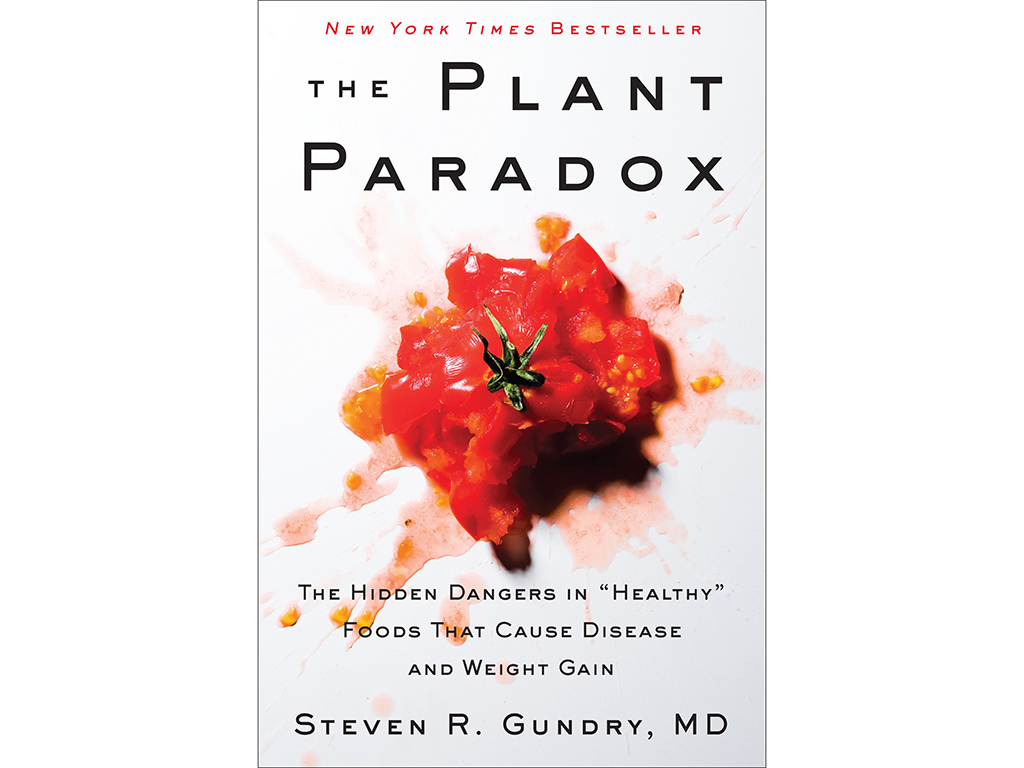Every few years, a new fad diet grips the world. Right now it’s the anti-lectin diet, proposed by cardiologist Dr. Steven Gundry in his book, “The Plant Paradox.” So can this diet really cure the many diseases that Gundry claims? Here’s a breakdown of the science behind the anti-lectin fad…
‘The Plant Paradox’

The current anti-lectin diet fad was kicked off by cardiologist Dr. Steven Gundry, who in 2017 published “The Plant Paradox,” a diet book that blamed lectins for many common health problems including allergies, stomach upsets and even obesity. While Gundry has gone on to assert that his science is accurate, his book has created a lot of debate over the matter as many prominent experts disagree with him.